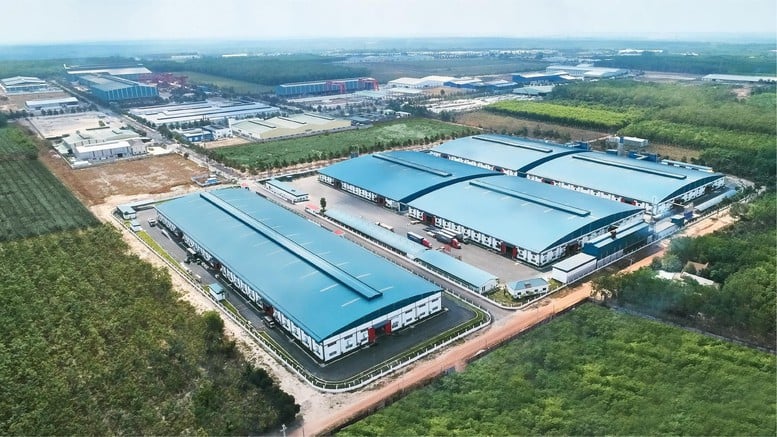
An Cuong Wood - one of the companies that received capital from investment funds very early - Photo: VGP/Phuong Dung
Need long-term domestic capital
In the context of Vietnam aiming for high GDP growth and becoming a high-income country, the demand for investment capital will certainly skyrocket. Not only do key infrastructure projects need large capital flows, but the private sector also needs resources to expand production, innovate technology and integrate internationally. However, if we only rely on the bank credit channel (mainly short-term and cautious in risk appetite), or rely on the state budget and foreign capital as before, Vietnam will find it difficult to ensure financial stability and autonomy.
A positive point is that Resolution 68-NQ/TW and a number of capital market reform policies emphasize the important direction of building a solid domestic capital base. Accordingly, resources will come from society and promote a group of domestic financial institutions, including investment funds, which are one of the sources of capital flow for the private economy .
International experience shows that countries that have been successful in the transition from middle-income to high-income countries have focused on developing a diverse system of investment funds: pension funds, insurance funds, infrastructure investment funds, sovereign wealth funds, etc. Singapore and South Korea are typical examples. Thanks to that, they have both ensured long-term capital for development and increased their resilience to global financial fluctuations.
Through these funds, the Government will have enough capital to implement more infrastructure projects without worrying about depending on foreign capital. In addition, the flow according to this model will not only help the private sector have enough long-term capital to develop their business, but also help the economy in general to withstand "international financial storms", according to Mr. Don Lam, CEO and Founding Shareholder of VinaCapital Group.
Accordingly, the demand for capital flows from private equity funds will continue in the context of Vietnam attracting investors thanks to its growth potential, young population, large domestic consumption demand, and stable macroeconomic environment. However, the problem of capital mobilization for enterprises still faces many challenges.
According to experts, the current difficulties are still the incomplete legal framework for private investment funds, the uneven growth of capital mobilization channels when small and medium enterprises have difficulty accessing capital. On the other hand, the readiness of Vietnamese enterprises is still limited, such as lack of financial transparency, lack of clear strategy or fear when investment funds participate.
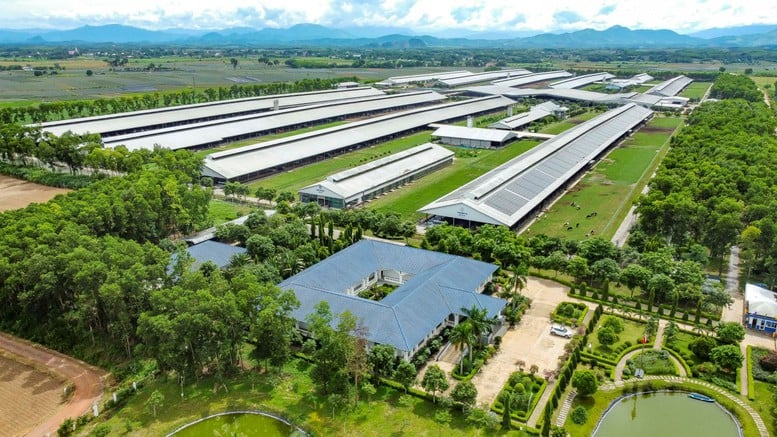
Financial funds will help private enterprises have enough capital for long-term development - Photo: VGP/PD
Unblocking capital flows for the private economy
In addition to many market reforms being implemented, it is necessary to remove bottlenecks that prevent the flow of capital investment into private enterprises, including many solutions that can be implemented soon.
"In the immediate future, Vietnam needs to soon complete the mechanism to develop a supplementary voluntary pension fund and an infrastructure fund, which foreigners call a REIT fund. This is a resource with a lot of potential. If there are appropriate policies, it will help strengthen Vietnam's sustainable financial foundation," Mr. Don Lam proposed.
The second bottleneck to be solved lies in the story of the listed market. In addition to the solutions that state management agencies have mentioned many times in the past, the current problem is that the number of public enterprises in Vietnam is still modest (less than 2,000 enterprises), as well as the lack of outstanding IPO deals to create a boost since 2019.
In addition to quantity, improving the quality of public enterprises, especially improving governance standards, is equally important. In the context of the world focusing on sustainable development, enterprises not only face the problem of business, paying attention to "financial health" but also need to improve the quality of reporting, auditing quality or periodic reporting according to ESG standards and many other important governance standards.
"Promoting public enterprises in both quantity and quality is a strategic solution to develop the capital market in depth, gradually forming a transparent, efficient and internationally integrated financial ecosystem," Mr. Don Lam emphasized.
The group of small and medium enterprises also needs attention because they need capital to develop but have difficulty accessing banks because they do not have collateral. Meanwhile, in many countries, there are models to support capital for this group through appropriate solutions, such as project-based loan appraisal without collateral.
The common point of the solutions is that private investment capital will have to come mainly from the people and the whole society. This requires Vietnam to also increase the application of technology and digitize capital mobilization means. Possessing new technological power helps the state firmly control transparency and prevent risks.
"Internal strength will be the measure of a country's self-reliance. A sustainable, efficient and transparent capital market will be a tool for Vietnam to move closer to its goal of becoming a developed country by 2045," said Mr. Don Lam.
Phuong Dung
Source: https://baochinhphu.vn/phat-trien-kinh-te-tu-nhan-khoi-thong-dong-von-dai-han-tu-noi-luc-quoc-gia-102250821111119498.htm



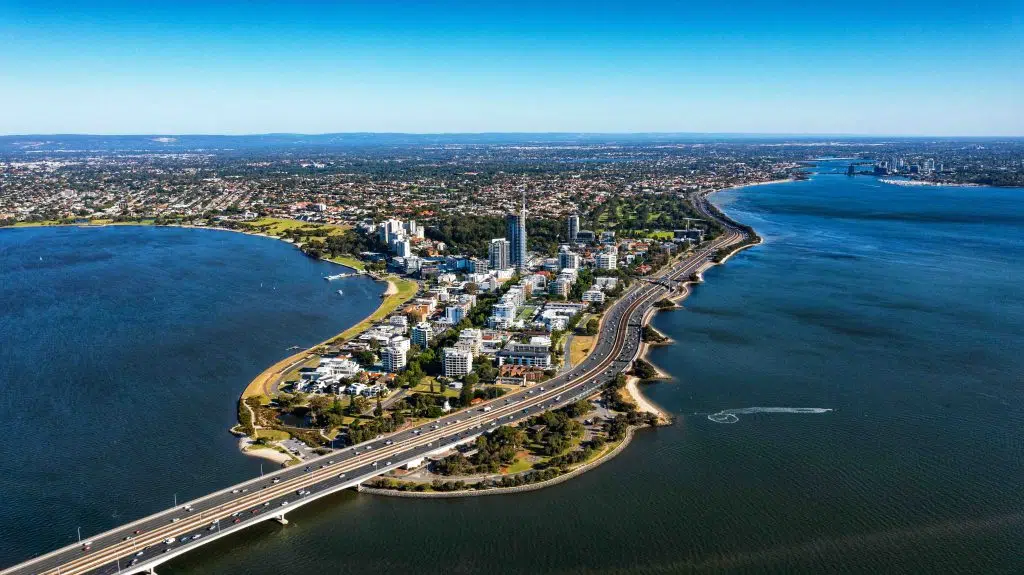




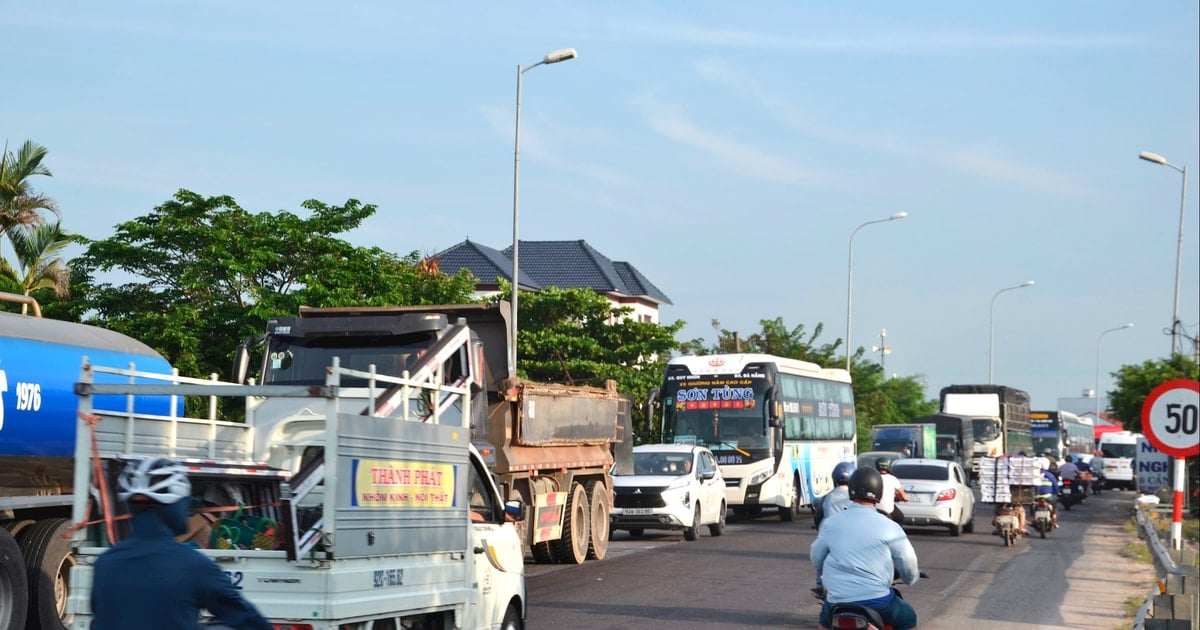



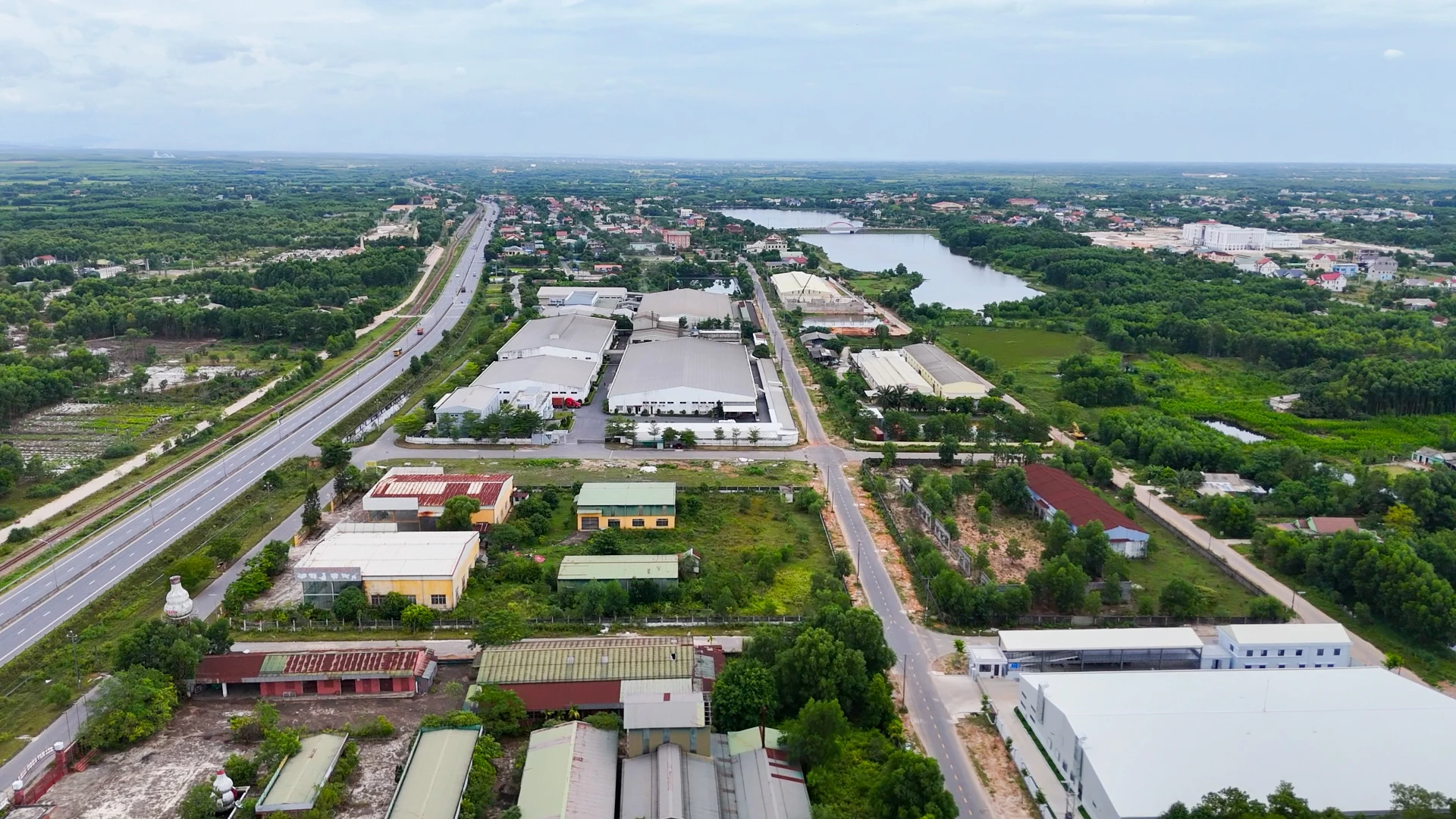



















































![[Photo] Politburo works with the Standing Committee of Hanoi Party Committee and Ho Chi Minh City Party Committee](https://vstatic.vietnam.vn/vietnam/resource/IMAGE/2025/8/21/4f3460337a6045e7847d50d38704355d)

































Comment (0)